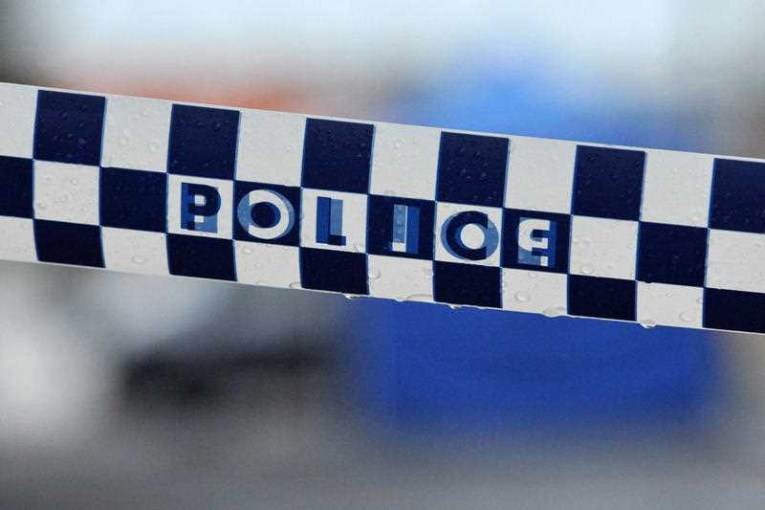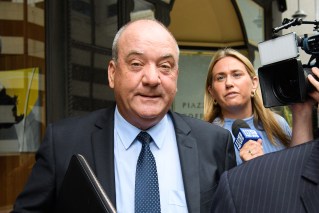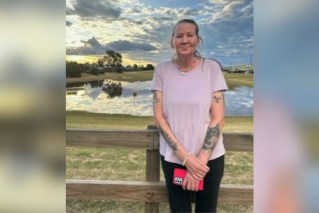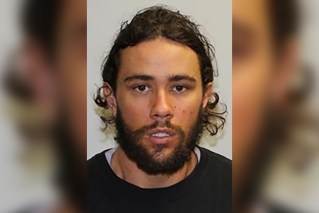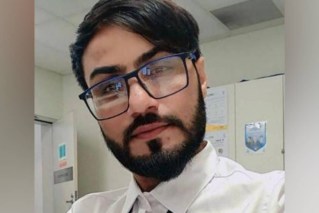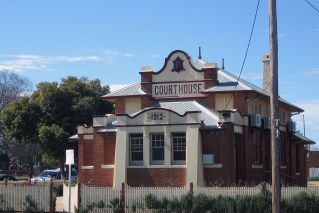Walker inquest continues probing police sergeant
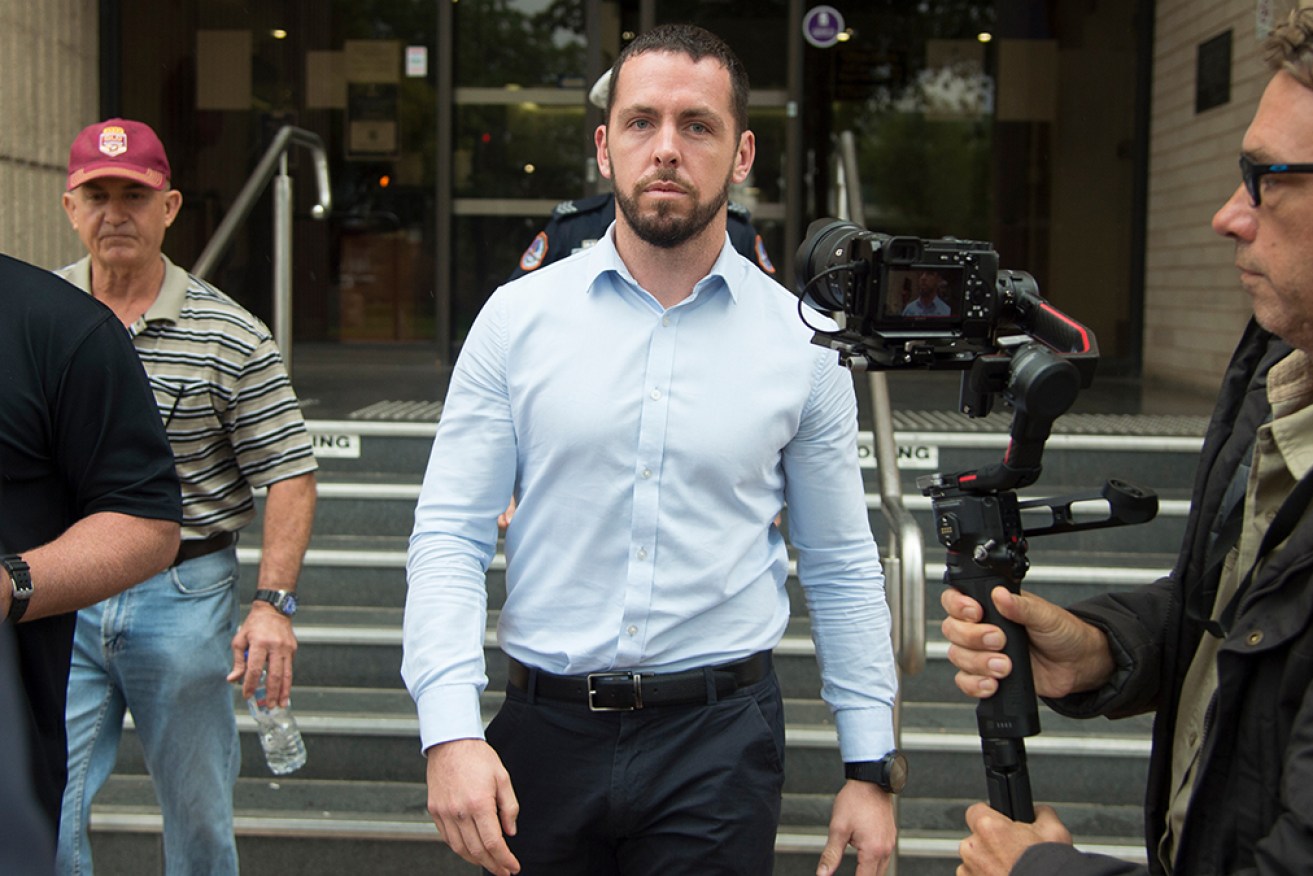
Zachary Rolfe faces his final day of questioning at an inquest into the death of Kumanjayi Walker. Photo: AAP
Police training, mental health and allegations of excessive force are being interrogated at a coronial inquest into the fatal police shooting of Indigenous teenager Kumanjayi Walker.
The inquest into Walker’s death resumed on Thursday for a final time in Alice Springs, more than 18 months after it began.
Zachary Rolfe shot the 19-year-old three times while on duty in the remote Northern Territory community of Yuendumu in November 2019, but was acquitted of murder in a five-week trial.
Rolfe was deployed to find Walker as part of an Immediate Response Team based in Alice Springs, run by IRT officer in charge Sergeant Lee Bauwens.
Bauwens will continue to be cross-examined on Friday after damning evidence on Thursday revealing racist text messages and miscommunications between members of the police force.
Bauwens told the inquest on Thursday Rolfe’s fatal shooting of the teenager was “appropriate policing”.
The lawyer for Walker’s family, Andrew Boe, asked Bauwens if he had seen the police bodyworn footage of the incident.
“Did you pay close attention to whether or not constable Rolfe conducted himself in line with what you believe to be appropriate policing?” Boe asked.
“I did not see anything that was inappropriate or outside of training,” Bauwens responded.
Bauwens was on medical leave the day Walker was killed and had no involvement in the decision to deploy the team.
He told the inquest that specific training with Aboriginal communities was not necessary selection criteria for the IRT.
Bauwens said a “high proportion” of IRT “targets” were Indigenous people in remote Aboriginal communities and town camps.
“When going through the selection criteria, you did not include anywhere the cross-cultural capacity of clients,” Boe said.
The former officer in charge earlier told the inquest he was unaware of complaints about Rolfe’s use of excessive force or his declining mental health.
“There had been a number of complaints about unjustified use of force … (and) a perception among people within the Alice Springs police station that Mr Rolfe was developing a bit of a reputation for the use of force,” counsel assisting Patrick Coleridge said.
Coleridge referenced an arrest in 2018 where Mr Rolfe allegedly punched an Aboriginal man’s head, grabbed his hair and slung him to the ground, rendering him unconscious with cuts that needed 16 stitches.
Bauwens said he was unaware of the details of the case.
The former officer in charge was also shown a racist text message he sent to Mr Rolfe relating to an arrest he had made.
“Mr Rolfe had evidently chased that individual and you said ‘these bush c***s aren’t used to people going after them’, do you accept that the word c***s is a racist term?” Mr Coleridge asked.
He accepted that as a senior NT Police officer, he should have “led by example”.
Rolfe is set to testify on Monday, after losing several court challenges to avoid giving evidence including asking coroner Elisabeth Armitage to step aside due to bias.
The inquest continues.
– AAP
